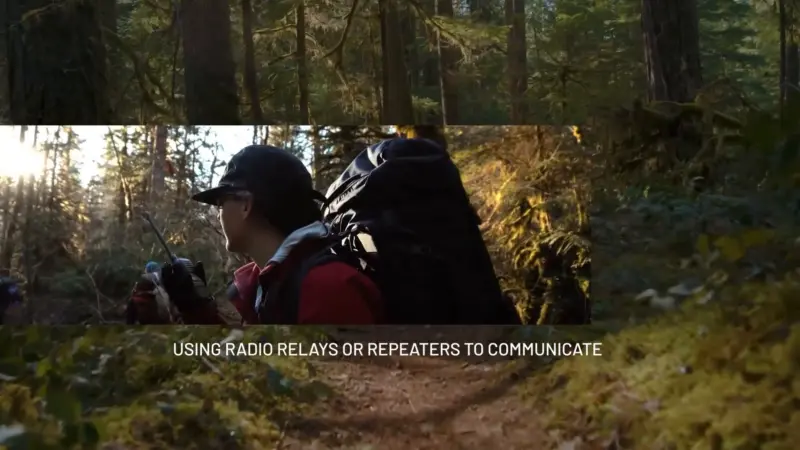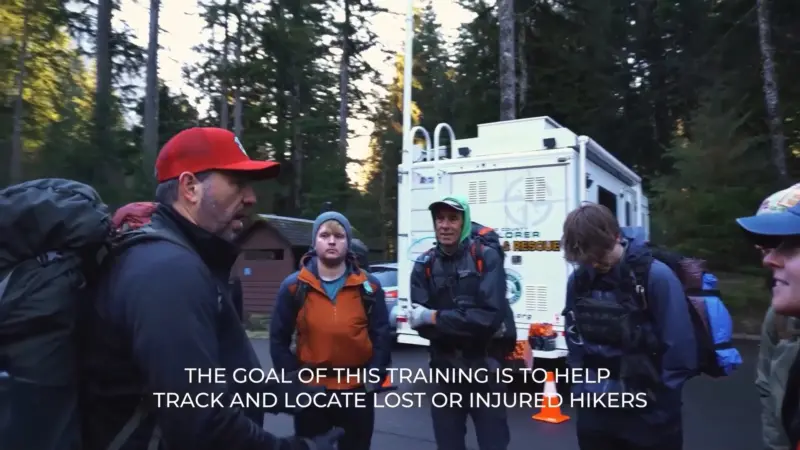From Boy Scouts to Space Science: Amateur Radio’s Role in Shaping Dr Frissell’s Career as a Scientist
With the total solar eclipse on the horizon, set to occur on April 8, 2024, the scientific community is abuzz with excitement. This celestial event provides a unique opportunity to study the ionosphere’s effects on radio communications, a field of particular interest to Dr. Nathaniel Frissell. But how did a space physicist come to focus on this area of research, and what role did amateur radio play in shaping his career as a scientist?
What is the connection between a childhood hobby and a career as a scientist? This question is at the heart of this episode of Radios in Action, where host Ray Novak and guest Dr. Nathaniel Frissell discuss the impact of amateur radio on Frissell’s journey from a Boy Scout to an associate professor at the University of Scranton.
Key points of discussion in the episode include:
- The influence of amateur radio on Frissell’s career choice and its role in STEM education.
- The upcoming total solar eclipse and its significance for radio communications and space science.
- The Ham Radio Science Citizen Investigation (HamSCI) project, which bridges the gap between amateur radio enthusiasts and professional researchers.
Dr. Nathaniel Frissell’s journey is a testament to the power of early exposure to technical hobbies. His achievements in the field of space science and his commitment to education have made him a prominent figure in both the amateur radio and scientific communities.
Article written by MarketScale.


